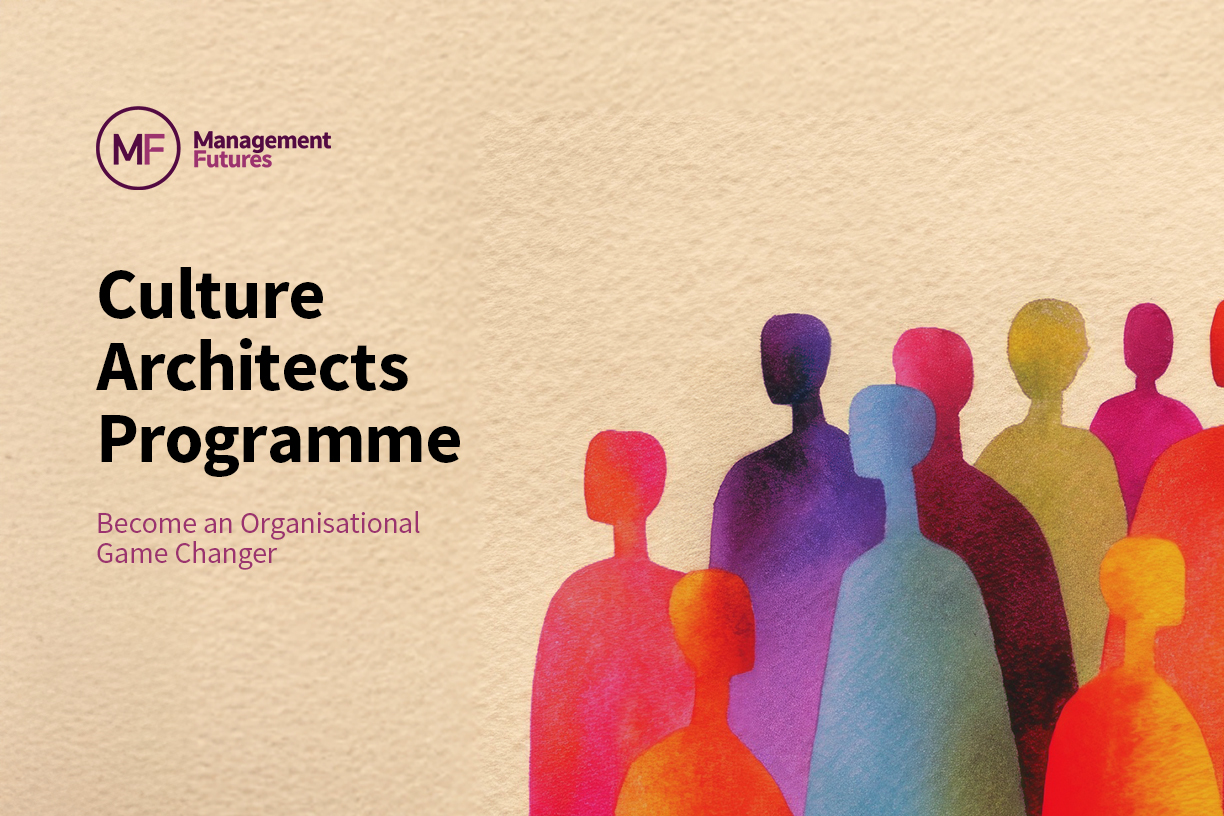It's time for MF's Founder, resident bookworm and published author - Phil Hayes - to share his thoughts on a title he's encountered recently...
What is the book called & who wrote it?
“The Right Kind of Wrong” is by Amy Edmonson – most famous up to now for her work on psychological safety.
What’s it about?
This is a deep dive into the science and psychology of failure – the importance of learning from failure, and why we can find this so hard. She makes the distinction between ‘good’ and ‘bad’ kinds of failure – the good being described as ‘intelligent’ failure from which we can learn, and which gives us new information only such failure could provide. She makes clear the correlation between our ability to learn and the degree of psychological safety present in our work environment. She also connects the idea of intelligent failure to the work of Carol Dweck on Growth Mindset.
Why is reading this book important for organisations / individuals?
Organisations can benefit from knowing clearly what kind of failure promotes learning and growth, and how to develop the kind of culture that enables this to happen.
Individually and within our teams we can learn to grow through failure, for example by:
- Resisting perfectionism
- Failing more often – playing to win rather than to avoid losing
- Developing our persistence and resilience
- Reflecting more on our failures
- Taking personal accountability for failure
- Learning to apologise well!
- Sharing your failures with others and encouraging such sharing.
What are the key learnings to take away from this book?
Not all failures are alike – there is a distinct typology, including basic failures such as errors of inattention, neglect, and overconfidence, which are all preventable. The focus of the book is on systemic and structural intelligent failure from which we can learn. The best ways for organisations to learn are:
- Reflect systematically on failures
- Trial and error, taking small, not potentially disastrous, risks
- Shutting down failures early, avoiding the ‘sunk cost’ fallacy
- Fail behind closed doors to avoid creating losses of confidence
- Institute blameless reporting
- Develop preventative maintenance routines
- Codify all the key steps in your processes
- In general, beware of quick fixes – the easy way out can lead right back in
- Read and respond to early weak signals that might point to potential failure.
The other key theme of the book is the psychology of learning from failure, and how difficult it can be for us to recognise and admit to our own contributions. We can experience shame and guilt, and even fear expulsion from the group if we are seen to fail. For this reason, it is usually better to offer people ‘success feedback’ – positive reinforcement of what they are doing well – rather than ‘failure feedback’.
Why should I read this book?
This depends of course on your perspective. If you are a leader, you can learn how to shape your organisational culture in such a way that learning from failure bestows systematic competitive advantage and where the quality of both output and employee satisfaction can grow. If you are a coach, you can learn the ‘rules’ of failure and use them to develop the thinking of your clients.
What coaching questions does this book provoke?
“How do you know for sure you are right?
“What biases might there be in your thinking?
“Who or what else might be affected by your decision/action?
“What other consequences might this decision/action create for the future?
“How are you developing your ability to learn from failure?
And finally . . .
Like many such academic books on relatively narrow subjects, this is quite a dense and dry read. There are lots of passages that begin with phrases like “We interviewed 23,000 people and . . . “.
We are also offered numerous somewhat folksy stories of the “Old Jed Buggins was just a regular farmer in Idaho struggling to turn a profit before he realised that . . . “kind. The author tells us everything there is to be known on the subject, as opposed to what is necessarily useful. Your faithful correspondent made it to the end so that you don’t have to!







